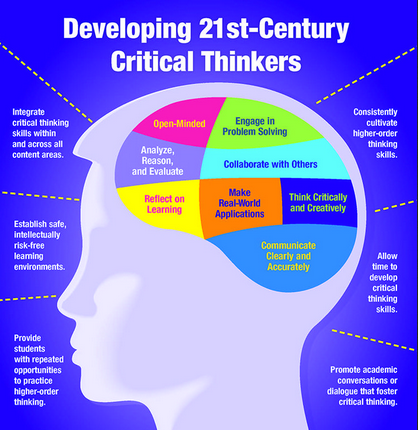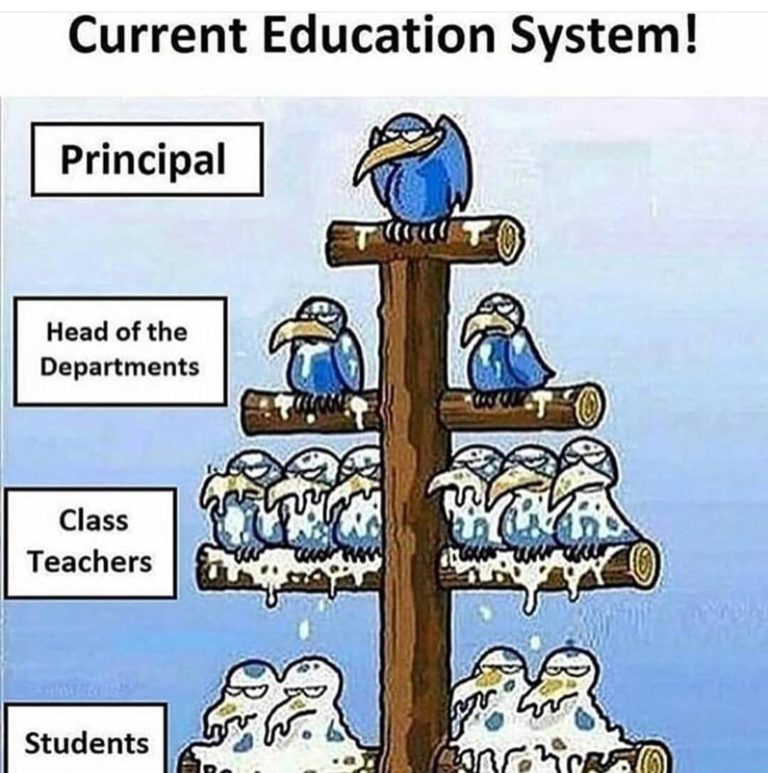I Was a Sucker for Irrelevancy
Many of us desire the ability to multitask, the allure of being efficient and extremely productive, not fall into irrelevancy. Many do not realize the term multitask appeared in an IBM paper describing its capabilities, 1965. Since then, the term has been transitioned to human tasks, in hopes to give the persona of efficiency.
This buzzword has been used to boost morale and hyped to make workers more efficient. Computers can work on multiple tasks simutanously. If they can, why not train ourselves to do the same. We have the most advanced computer processor between our ears.
As time allowed we now understand the human mind cannot work on two things at the same time. Multitasking is the ability to switch from one focus to another. The human brain cannot work on two-three focused tasks at the same time. Multi-tasking is a bit misleading. You are switching.
This switching allows us to change from one focused topic to another. This phenomenon has the appearance of multitasking, but appearance only. Some are able to quickly switch between tasks, better than others.
Clifford Nass, a Stanford sociologist who conducted some of the first tests on multitasking, has said that those who can’t resist the lure of doing two things at once are “suckers for irrelevancy.”
Multitasking is a misnomer. The person is juggling between email, instant messaging, meetings, and tasks. Essentially they are rapid toggling between tasks, not performing all tasks at the same time. This effort in toggling uses a lot of energy (cost).
How Much Cost?
Reports vary. They do show if the worker expects interruptions, they steel their mind in preparation and ability to handle it better.
However, the average office worker gets only 11 minutes between interruptions, and it takes around 25 minutes to return to the original task. That is a lot of time and energy used.
Clifford Nass, during his research, not only found some of us addicted to the interruption but these distractions also rob us of our brainpower.
You might also be interested in the ZettelKasten Method.

#KnowledgeShare, #InfobyMattCole, #CriticalThinkingSkills
Matt Cole has high regard for knowledge share. While not working full-time supporting the family, offering resources to improve critical thinking, technical skills.






